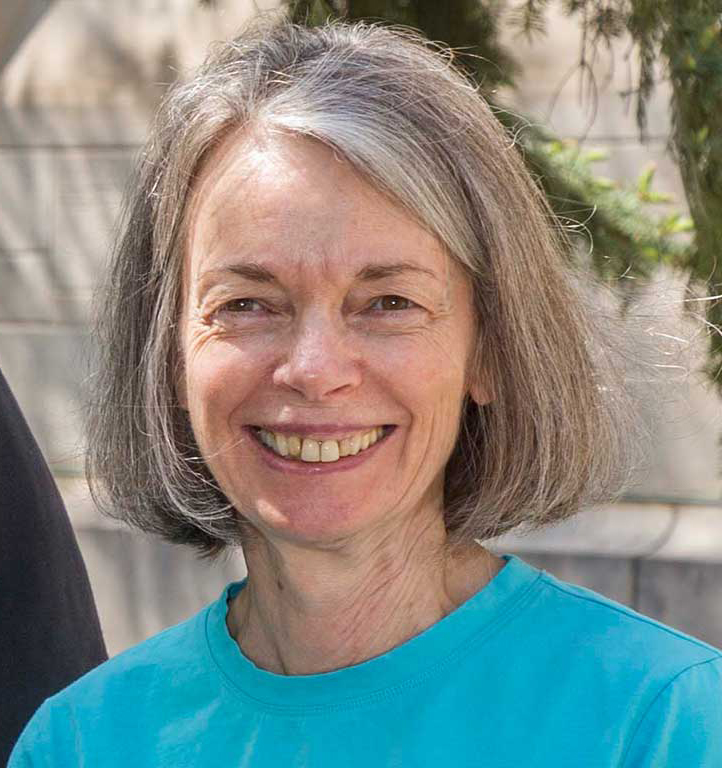Awards
- National Academies - 2011
- American Association for the Advancement of Science

Patricia L. Foster is Professor of biology and biochemistry at Indiana University. Her research focuses on: Chromatin, Chromosomes, and Genome Integrity Evolution, Genomics and Bioinformatics, and Microbial Cell Biology and Environmental Responses.
She earned her PhD from Cambridge University in 1978 and completed postdoctoral work at MIT and Harvard Medical School. She is a fellow of the American Academy of Microbiology and the American Association for the Advancement of Science.
Professor Foster describes her research:
Mutations are heritable changes in an organism's genome. On an evolutionary scale, mutations are the source of variation upon which natural selection works. On a human scale, mutations give rise to birth defects, genetic diseases, and cancer. Using the bacterium Escherichia coli as a model system, my laboratory employs genetic and molecular techniques to investigate the molecular mechanisms by which mutations arise spontaneously and as a result of DNA damage.
Spontaneous mutation - Spontaneous mutations arise not only during cell growth, but also in nondividing cells that are exposed to stress, a phenomenon called adaptive mutation. We found that a novel type of recombination-dependent mutational process gives rise to these adaptive mutations. We are investigating the molecular mechanism of recombination-dependent mutation, and are determining its general importance. Other examples of adaptive mutation that are not recombination-dependent are being investigated. Recent evidence suggests that during stress a subpopulation of cells enters into a transient state of hypermutation, and that these cells give rise to both adaptive and nonadaptive mutations. We are investigating the genetic bases of this transient mutator state. Other interests include: (1) the role of mismatch repair in adaptive mutation; (2) the importance of the conjugal plasmids in bacterial evolution; (3) the influence of chromosome structure on mutagenesis; (4) the regulation of mutational rates; and, (5) adaptive mutation in other microorganisms.
DNA Polymerases - Mutations are created when damaged DNA fails to be repaired and, instead, is replicated in its damaged state. However, replicative DNA polymerases are poor at synthesizing past a damaged base. Recently it has been shown that cells have special error-prone polymerases that bypass DNA lesions and produce mutations. When these polymerases displace accurate DNA polymerases on undamaged DNA, they may also contribute to spontaneous mutation. We have been investigating when and why error-prone polymerases appear in the cells. We find that under different sorts of stresses, DNA Polymerase IV is both induced and stabilized. These stresses include DNA damage, starvation, and heat shock. We hypothesize that the production of genetic variation can be advantageous to the population during stress. We are continuing to investigate: (1) what other stress responses may affect DNA polymerase IV; (2) how the stress responses regulate DNA polymerase IV; and, (3) the transcriptional and post-transcriptional regulation of other DNA polymerases and their subunits.